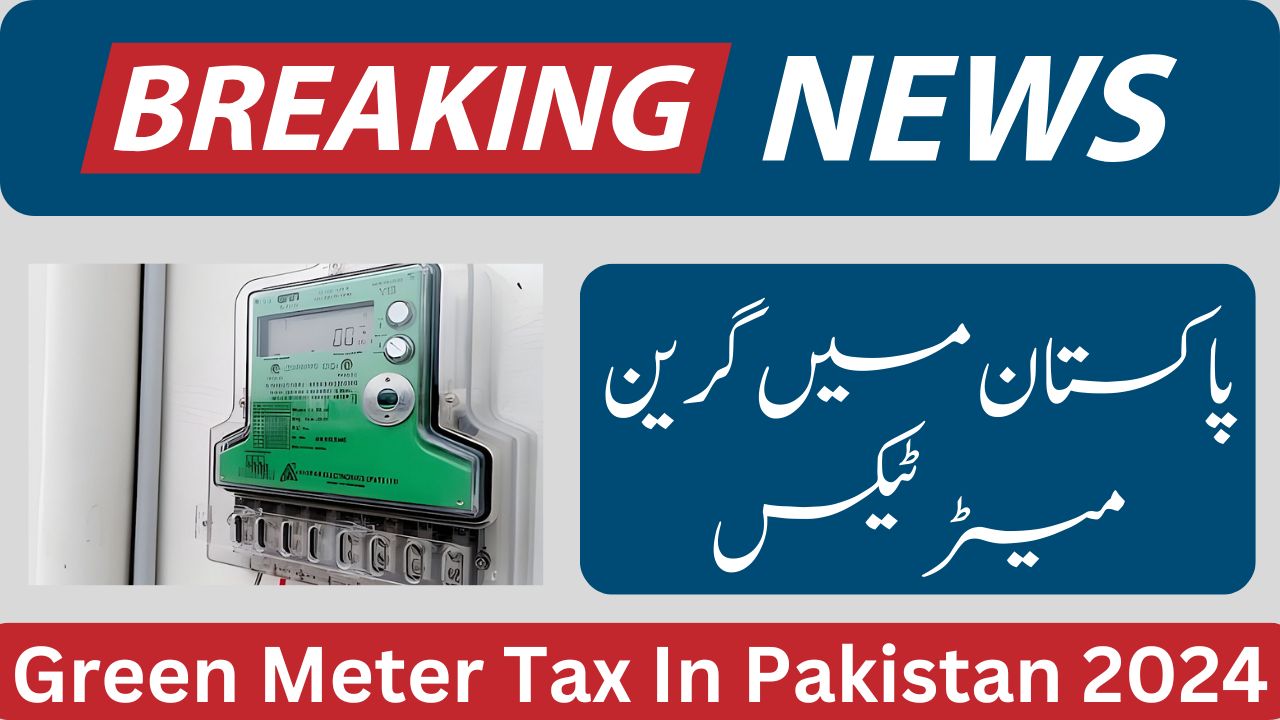Green Meter Tax
The solar duty, a tax imposed by the Pakistan government on homes and entities generating electricity through solar panels, has become a topic of significant debate. Unlike traditional energy taxes, the Green Meter Tax measures and covers the electricity produced through renewable sources like solar energy. This article delves into the motivations behind the solar duty, the arguments for and against it, and its potential impact on the adoption of solar energy in Pakistan.
Motivation Behind the Solar Tax
The primary motivation for implementing the Green Meter Tax, also known as the solar duty, is to generate profit for the government. The tax collected from solar electricity producers can contribute to public revenue and fund various experimental projects. Proponents of this tax argue that it helps create a level playing field by ensuring all electricity consumers contribute to maintaining the power infrastructure. They highlight that homes generating solar electricity still benefit from the grid during times when their energy needs exceed their solar production.
Policy and Subsidy Rationalization
Criticism of the Solar Duty
Critics argue that imposing a solar tax, referred to as the Green Meter Tax, could deter individuals and businesses from investing in solar energy systems. This move could jeopardize Pakistan’s commitment to achieving sustainable development goals, including affordable and clean energy access for all. The additional financial burden might discourage the adoption of renewable energy technologies, slowing progress towards these goals.
For homes and businesses already struggling with high energy costs, the solar tax could exacerbate financial pressures. This is particularly concerning for low-income households and small businesses that rely on solar energy to reduce their electricity bills.
Benefits of Solar Energy
Despite the challenges posed by the solar duty, it is essential to acknowledge the numerous benefits of solar energy. Solar energy is a clean and renewable resource that produces minimal greenhouse gas emissions, making it an environmentally sustainable alternative to fossil fuels.
Enhancing Energy Security
Long-Term Financial Benefits
Quick Details Table
| Aspect | Description |
| Solar Duty Motivation | Profit generation for government; fund experimental projects |
| Proponents’ View | Ensures all electricity consumers contribute to infrastructure |
| Policy Alignment | Rationalizes energy sector subsidies |
| Critics’ Concerns | Disincentivizes solar investment; affects low-income households |
| Benefits of Solar | Clean, renewable, reduces greenhouse emissions |
| Energy Security | Reduces reliance on imported fossil fuels |
| Job Creation | Opportunities in manufacturing, installation, maintenance, R&D |
| Long-Term Savings | Reduces electricity bills, mitigates energy price fluctuations |
FAQs on Solar Duty in Pakistan
1. What is the solar duty in Pakistan?
The solar duty is a tax imposed by the Pakistan government on homes and entities generating electricity through solar panels.
2. Why has the solar duty been implemented?
The primary motivation for implementing the solar duty is to generate profit for the government, contribute to public revenue, and fund experimental projects.
3. What are the arguments in favor of the solar duty?
Proponents argue that the solar duty:
- Levels the playing field by ensuring all electricity consumers contribute to maintaining the power infrastructure.
- Aligns with efforts to rationalize energy sector subsidies.
4. What are the criticisms of the solar duty?
Critics argue that the solar duty:
- Could disincentivize investment in solar energy systems.
- May hamper progress towards sustainable development goals.
- Imposes additional financial burdens on low-income households and small businesses.
5. What are the benefits of solar energy?
Solar Energy:
- Is clean, renewable, and produces minimal greenhouse gas emissions.
- Enhances energy security.
- Creates job opportunities.
- Offers long-term financial savings.


